The dairy industry says it’s not panicking in Australia, but Russia’s decision to slap a ban on food imports from many of its major suppliers is worrying marketers worldwide.
Australian exporters are also apprehensive about what will happen to global markets if up to 600,000 tonnes of milk-based products destined to Russian shoppers need to be marketed to new buyers for the next 12 months – particularly products now on their way to Russia.
The citrus industry is having similar thoughts about where big volumes of oranges, mandarins, limes and lemons from Europe and the US will end up now Moscow has barred access.
“Russia isn’t a big market for us, but it is a significant fruit importer from other countries, and even as a second-tier market for Australia it plays an important role,” said Melbourne-based managing director with produce exporter BGP International, Neil Barker.
BGP has sold produce from southern NSW, Victoria, South Australia and Queensland into Vladivostok in southern Russia for 25 years.
Russia’s ban on agricultural imports has been widely condemned, with the US warning the political move would only sabotage domestic food prices in the federation.
The 12-month ban is in retaliation to economic sanctions imposed on Russia by western countries, including Australia, over the escalating Ukrainian rebel uprising.
Russia, the world’s fifth-largest agricultural import market (worth about $US40.4 billion), is restricting sales from Australia, Canada, the US, Norway and the European Union.
Although about 90 per cent of Russia’s dairy imports are supplied by European Union countries, butter exports from Australia are likely to be a big loser because it buys about half our overseas shipments.
Last financial year Russia took 22,000 tonnes of Australian dairy product – about 4pc of our total exports – worth about $112 million.
Most of this was butter, butter blends and butter oil, and much of it was supplied by the biggest processor, Murray Goulburn co-operative.
“It’s a bit early to tell what will happen to the dynamics of the dairy trade, but from an industry perspective in Australia there’s no panic”
Russia is the world’s second biggest dairy importer, although only the 10th most valuable overseas market for Australian products.
However, trade sanctions are set to hit the dairy exporters more than most as they force Australia’s $38 billion export food sector to find new buyers for products worth as much as $200m.
Rabobank’s dairy analyst Michael Harvey said the bans could extend the current dairy price slide which has already seen global markets drop by 20pc or more in six months, “significantly impacting the balance of global supply and demand”.
Murray Goulburn managing director Gary Helou said Russia was an important market for the co-op – “worth almost $95 million in business last financial year, particularly in butter”.
“The trade sanctions will have some impact on our ability to maximise returns as we place this product into other markets.
“Given the importance of Russia as dairy products importer, we’ll closely monitor dairy market settings,” he said.
But Dairy Australia’s trade and industry strategy group manager Charles McElhone said although Moscow’s decision may have volatile market consequences, given only 10pc of global dairy production was exported, flow-on impacts could also include new markets opening up.
“New Zealand has not been affected by the sanctions and is likely to increase its focus on Russia, potentially leaving other markets open to absorb more from Europe,” he said.
Alternatively, milk used for butter or cheese production for the Russian market may now be processed into other products.
“It’s a bit early to tell what will happen to the dynamics of the dairy trade, but from an industry perspective in Australia there’s no panic.
“The biggest concern is making sure product that is already on the water can continue to complete its journey.”
Dairy farmers would feel the pain if processors were stung financially, said Australian Dairy Industry Council (ADIC) chairman Noel Campbell.
He hoped the Australian and Russian governments could “remain in open dialogue and resolve these matters quickly” and he appreciated Foreign Minister Julie Bishop’s comments about seeking to minimise the impact for affected industries.
Source: Queensland Country Life


